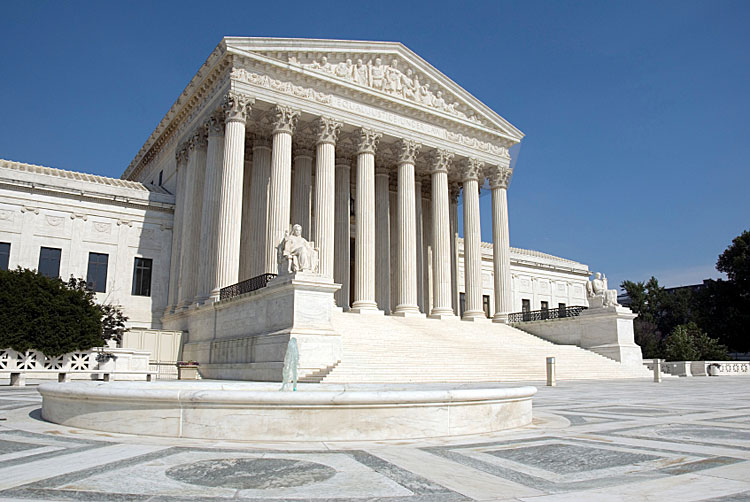By Bill Winters, Attorney

The Neil Gorsuch nomination epitomizes this problem. If you Google “Neil Gorsuch on the issues” you’ll find a lot of journalists focused on all the same wedge issues, such as abortion, gun rights and birth control that journalists typically love to focus on when covering politics. What they don’t understand, is that the courts are not politics and you can’t cover law like politics. Here, I’d like to cover what’s more important: how he plans to shape the structure, function and operation of the United States government itself.
To accomplish this end, Gorsuch seeks to reverse the long-standing doctrine of Chevron v. NRDC, which is commonly referred to as “Chevron deference.” Chevron deference is a principle of administrative law which holds that Courts will not second-guess reasonable administrative agency interpretation of statutes. Gorsuch has been a strong critic of Chevron deference both in his speeches and in his decision Gutierrez-Brizuela v. Lynch. He believes that under the Constitutional separation of powers, it is the job of the Courts to interpret statues, not administrative agencies. If he were successful in curtailing or eliminating Chevron deference, it would make it much easier for citizens to challenge the actions of government agencies as succeeding the agencies’ authority from Congress.
Gorsuch has also voiced strong opinions on the so-called “non-delegation doctrine,” which regulates. The somewhat confusingly named non-delegation doctrine in its current form allows Congress to delegate legislative authority to administrative agencies so long as they give the agencies an “intelligible principle” by which to legislate. This doctrine has gotten so out of hand that Courts will hold that standards as vague and broad as “in the interest of the health and welfare of the American people” are held to be “intelligible principles.” Gorsuch, like Scalia before him, is a strong critic of this doctrine who believes strongly that separation of powers requires legislative authority to be exercised by the Congress only and that any delegation comes with rigid instructions and clearly ascertainable standards.
Another major battlefront for judicial conservatives in the area of governmental power has been Congress’ authority under Article I Section 8. Under the Constitution of the United States, the federal government is a government of limited powers which are specifically enumerated in Article I, Section 8 and the general police power to regulate anything generally lies squarely within the province of the states. However, since the New Deal, this distinction has become largely theoretical and the Courts have allowed regulation of nearly anything under Congress’ power to “regulate commerce…among the several states,” the so-called “commerce clause.” The expansiveness of this power today is something the founding fathers could never have dreamed. Over the last few decades a wave of judicial conservatives, led by Justices Scalia and Thomas have attempted to curtail this power and bring it more in line with its original meaning. Gorsuch appears poised to follow in Scalia’s footsteps on this issue.
While these are not the issues that appeal to the news media the most, they are the areas in which Gorsuch feels most strongly and will have the longest lasting impact.
•••
The Mlnarik Law Group, Inc. Santa Cruz – 2901 Park Avenue C-2 Soquel, CA 95073 Tel: (831) 431-6430 Website: http://mlnariklaw.com